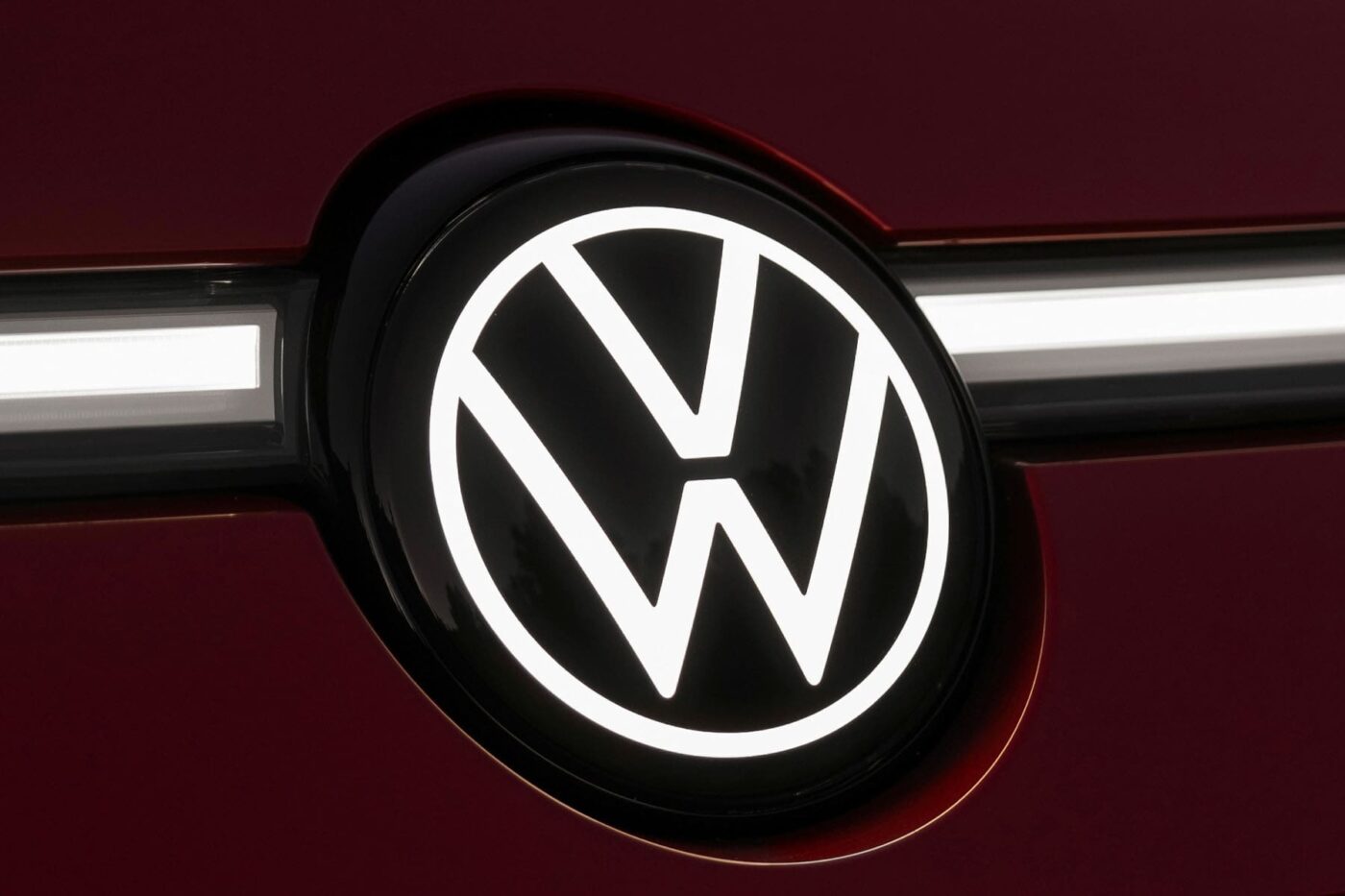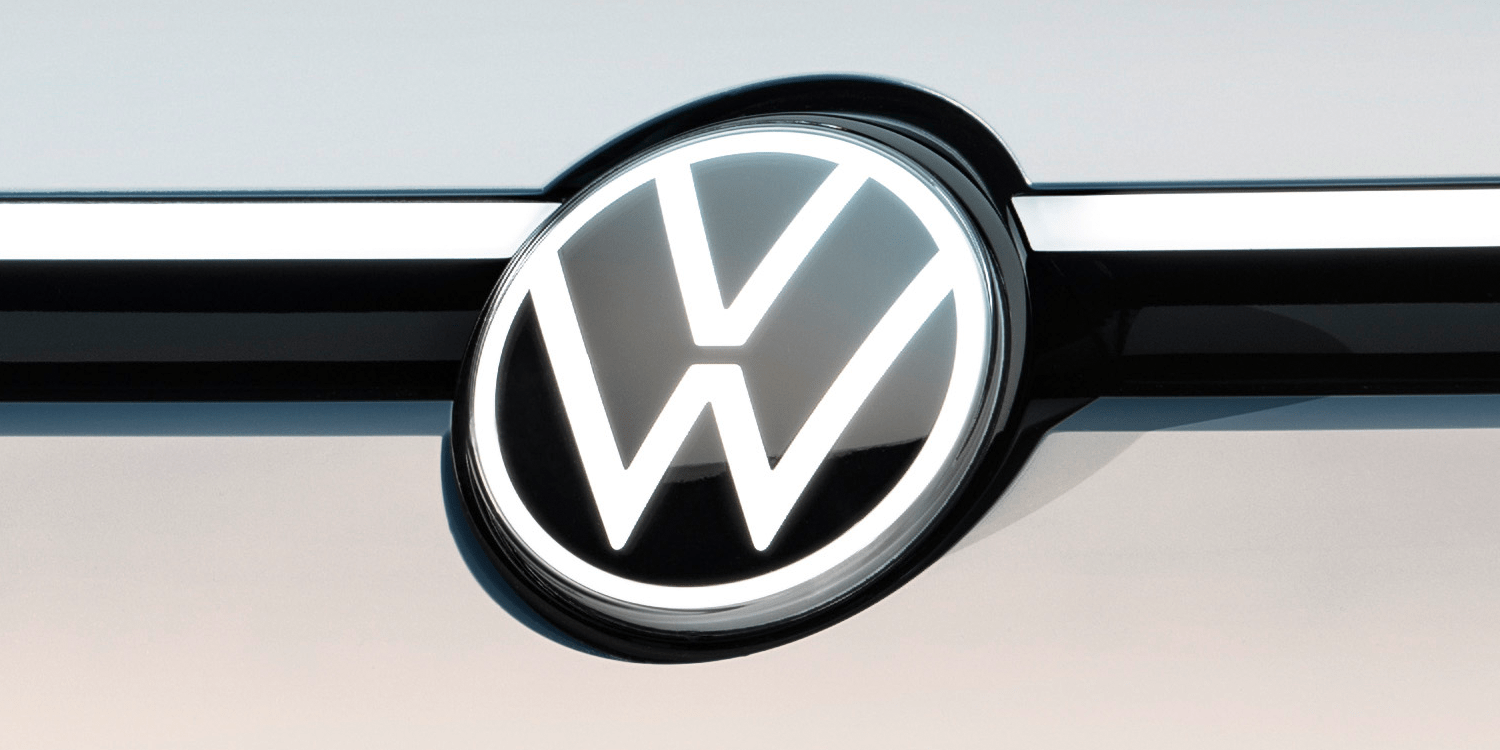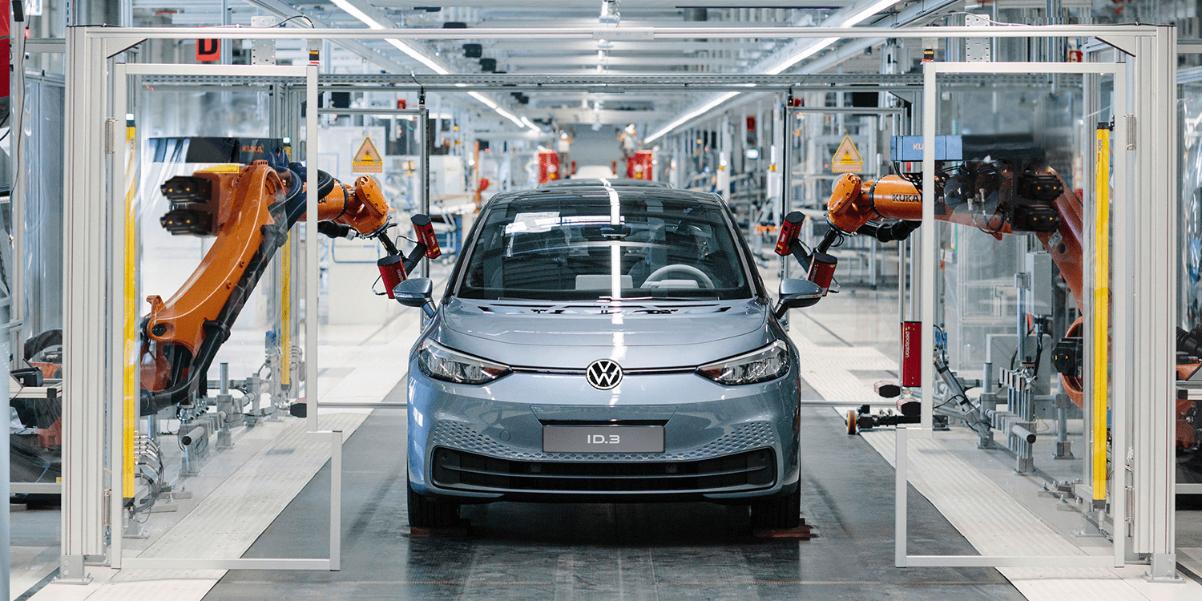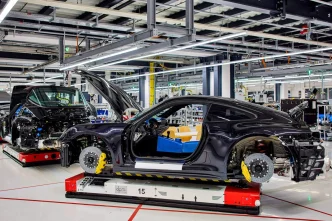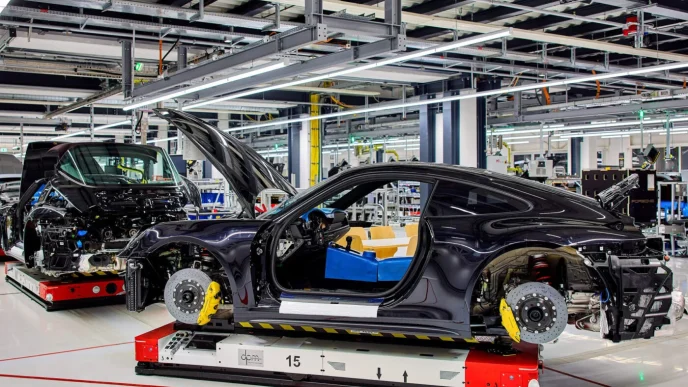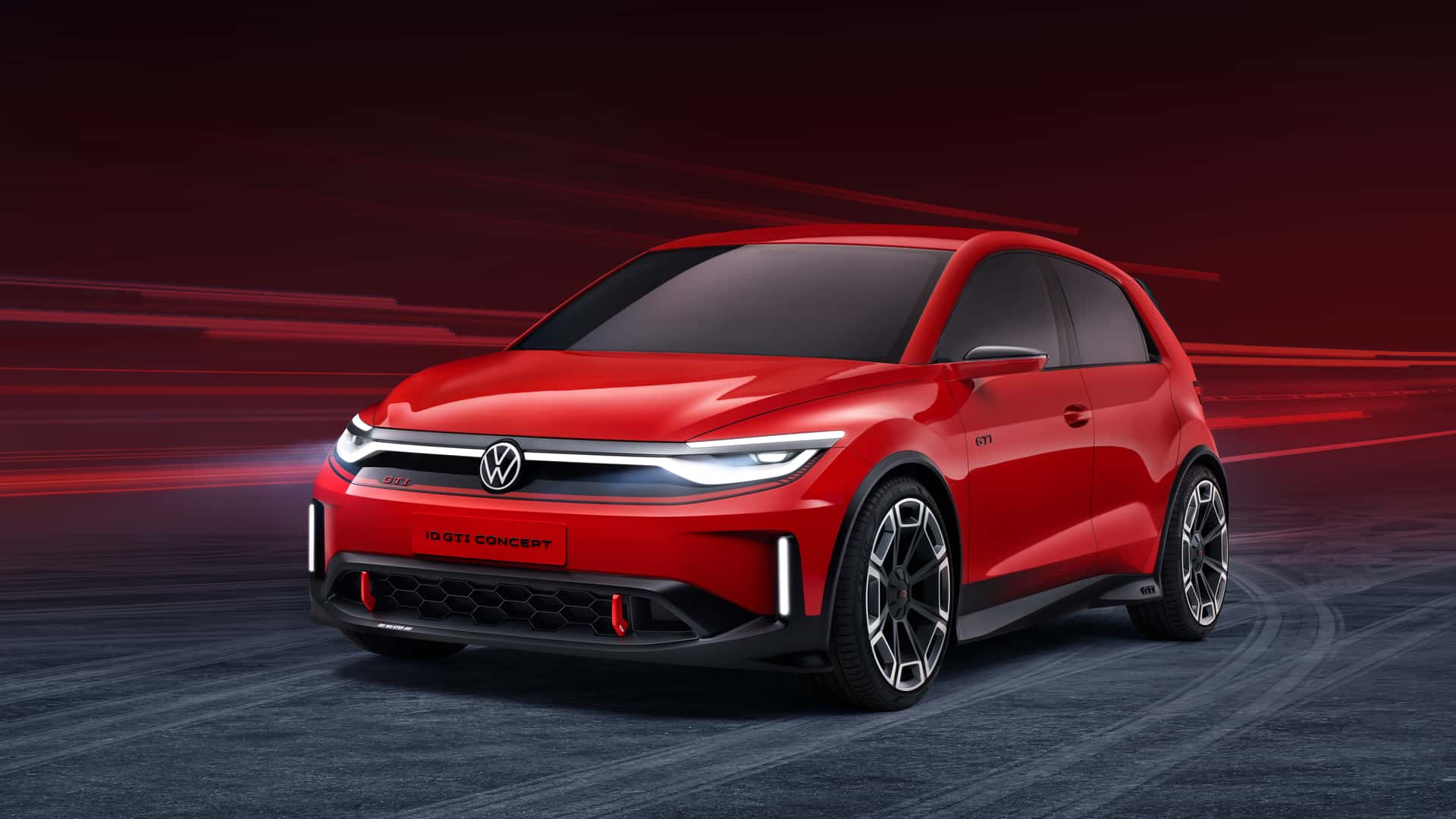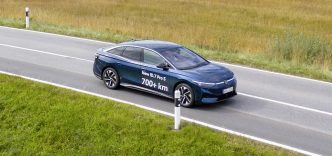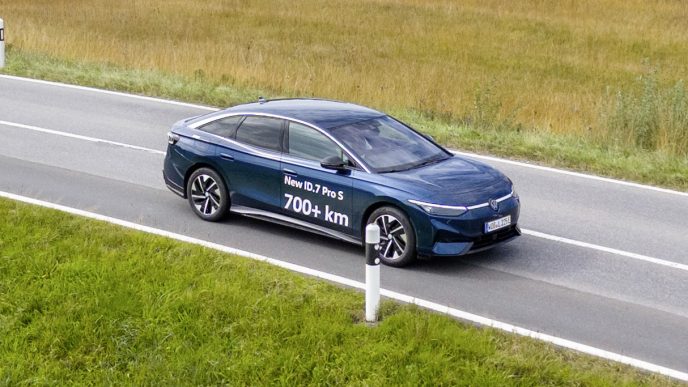Volkswagen (VW) has officially ended production of the Polo compact car in Europe, marking the end of an era after 40 years. This decision is part of VW’s strategy to prepare its Pamplona plant in Spain for the production of upcoming electric compact vehicles.
However, the Polo will still be available in Europe as an import model sourced from the Kariega plant in South Africa, which has been producing the vehicle for markets outside Europe.
The transition to import the Polo from South Africa will not significantly impact the production at the Uitenhage facility, where the Polo has been manufactured for various international markets. In addition to the standard five-door Polo, notchback variants known as the Virtus will also be produced in Brazil and India.
This shift represents a significant change for VW’s production landscape in Europe, as the Polo has been a cornerstone model for the brand. Despite its historical importance, sales of the Polo have dwindled in recent years, with unit sales approximately halved compared to figures from a decade ago.
The capacity freed up at the Pamplona plant will be repurposed for the assembly of two small electric SUVs slated for production starting in 2026. The first model, an SUV version of the VW ID.2, is expected to be designated as the ID.2 X. The second model will be produced for Škoda and will carry the name Epiq. Both vehicles are anticipated to start at around €25,000 and will utilize a front-wheel-drive adaptation of VW’s MEB electric modular platform.
Despite this shift towards electrification, Pamplona will not exclusively focus on electric vehicles; the factory will continue to manufacture combustion-engine models, including the small SUVs T-Cross and Taigo.
Source: Autonews.com

